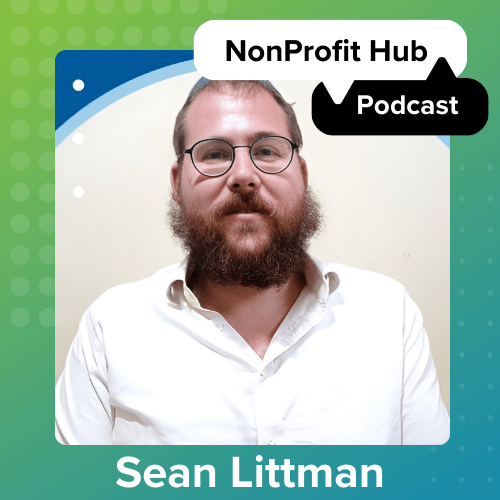Getting the word out about your nonprofit can be tricky, especially when your funds require you to market on a budget. But fear not—you don’t need a big wallet to get your organization’s name out there. These tips will help you reach more people without breaking the bank.
Social media
Social media in itself is free to use, but it’s rendered useless if no one’s engaging with your content. If you want to up your social media game, you may want to consider a scheduling service like Sprout (it’s not free, but it shouldn’t run you dry, either). This will set your posts up in a grid formation in advance, which allows you to keep your social media in order even if you’re away from your computer or phone.
You should be tweeting a few times per day and posting on your Facebook and Instagram at least a couple times per week. Also, check your analytics on each site to see which demographic groups interact with your content, then tailor the style and wording of your posts accordingly.
If you’re promoting something specific that your audience seems interested in, you might want to boost the post to reach people in your area who don’t follow your page. This can cost anywhere from a couple bucks to hundreds of dollars, depending on how large you want your audience to be.
One more quick social media tip: giveaways. This is a completely free way to spread the word about your organization. Simply exchange some of your nonprofit’s swag (shirts, notebooks, stickers, etc.) for likes, follows and retweets from your supporters.
SEO
SEO, or search engine optimization, prioritizes how soon your content appears when searched—and this has the power to make or break your organization. SEO is most important for nonprofits that publish material, but it can also help your campaigns, events and fundraisers show up sooner on the web than they normally would. How many people actually go to the second page of Google results? Not many! Your content needs to be among the first to pop up in order to draw more traffic to your site.
Unfortunately, there’s limited space on that highly coveted first page, and tons of other websites competing to appear on it. So, if you can swing it, this is the one marketing area you might want to splurge on a little, especially if your organization produces a lot of content. Do plenty of research to find an affordable SEO service, not a cheap one. There are hundreds of shady firms out there that will quote you a low price and give you empty promises of first-page results, but only end up wasting your money. Remember: if it sounds too good to be true, it probably is. A high-quality, national SEO campaign will cost you at the very least $2000 per month, according to Forbes. Since most of us don’t have that kind of money, this site says Boostability or SEOValley are good low-budget options.
If none of these are feasible, boost SEO yourself: use keywords in your titles, make posts and articles over 500 words, maintain a fast load time on your site and keep URLs simple.
Email marketing
Email marketing softwares take the manual labor out of sending bulk emails and increase the likelihood that they’ll actually get opened and read (rather than going straight to the dreaded spam folder). Just like SEO services, there are hundreds of email marketing softwares out there, and you should be careful and intentional with your selection. We recommend affordable sites like MailChimp, Zoho, Constant Contact and Drip, to name a few.
These services will help you reach more specific groups of people by dividing your audience into mailing lists (for example, a first-time donor mailing group vs. a major donor mailing group). They’ll then provide data on your impressions, open rates, click-through rates and more. How these services are utilized varies greatly based on the audience size and segmentation of your organization, so again, research thoroughly and read reviews before deciding which one works best for you!
Free stuff
If your marketing budget is $0 (we’ve all gotta start somewhere), there’s still hope!
It costs nothing to produce excellent content, even if that content is simply sharing your nonprofit’s story with the world. Marketing in the nonprofit sector tends to be more emotion-centered than the for-profit world, so storytelling is key. Share how your organization overcame all odds to achieve its mission, post testimonials from volunteers or ask people you’ve helped in the past to share how their life has improved because of your nonprofit. If it’s captivating enough, it might take off without you having to spend a dime.
If all else fails, be confident enough to put yourself out there. There’s no cheaper advertising than word of mouth. Most people will be thrilled to hear how you’re trying to better their community, so go be a social butterfly, make some key connections and let your strong networking foundation drive your organization into the mainstream.






